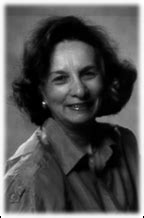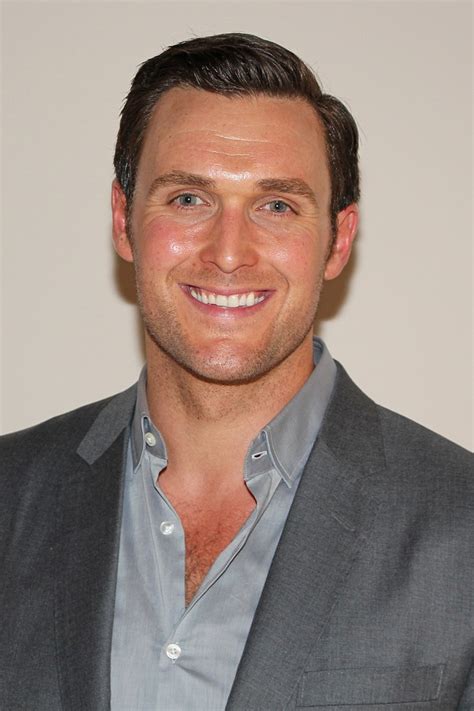A Quote by Ann Rinaldi
As a child growing up in World War II, I was very moved and stirred by what was going on, but I distanced myself from history. I regarded history as just one more subject.
Related Quotes
I actually thought that the idea of doing a World War II movie in the guise of a spaghetti western would just be an interesting way to tackle it. Just even the way that the spaghetti westerns tackled the history of the Old West, I thought it could be a neat thing to do that with World War II, but just as opposed to using cowboy iconography, using World War II iconography as kind of the jumping-off point.
History of America, Part I (1776-1966): Declaration of Independence, Constitutional Convention, Louisiana Purchase, Civil War, Reconstruction, World War I, Great Depression, New Deal, World War II, TV, Cold war, civil-rights movement, Vietnam. History of America, Part II (1967-present): the Super Bowl era. The Super Bowl has become Main Street’s Mardi Gras.
I am not a historian, but I find myself being more and more fascinated by history and now I find myself reading more and more about history. I am very interested in Napoleon, at the present: I'm very interested in battles, in wars, in Gallipoli, the First World War and so on, and I think that as I age I am becoming more and more historical. I certainly wasn't at all in my early twenties.
World War II made war reputable because it was a just war. I wouldn't have missed it for anything. You know how many other just wars there have been? Not many. And the guys I served with became my brothers. If it weren't for World War II, I'd now be the garden editor of The Indianapolis Star. I wouldn't have moved away.
I did not know much history when I became a bombardier in the U.S. Air Force in World War II. Only after the War did I see that we, like the Nazis, had committed atrocities... Hiroshima, Nagasaki, Dresden, my own bombing missions. And when I studied history after the War, I learned from reading on my own, not from my university classes, about the history of U.S. expansion and imperialism.
However, there is a fundamental difference between the issue related to Japan's history and our negotiations with China. What is it all about? The Japanese issue resulted from World War II and is stipulated in the international instruments on the outcomes of World War II, while our discussions on border issues with our Chinese counterparts have nothing to do with World War II or any other military conflicts. This is the first, or rather, I should say, the second point.
In an all-out nuclear war, more destructive power than in all of World War II would be unleashed every second during the long afternoon it would take for all the missiles and bombs to fall. A World War II every second-more people killed in the first few hours than all the wars of history put together. The survivors, if any, would live in despair amid the poisoned ruins of a civilization that had committed suicide.
The Philippines and the U.S. have had a strong relationship with each other for a very long time now. We have a shared history. We have shared values, democracy, freedom, and we have been in all the wars together in modern history, the World War, Second World War, Cold War, Vietnam, Korea, now the war on terrorism.
They don't really focus on that history here in America. I remember growing up as a kid, history class was very washed-over. They didn't really get into the gritty bits of slavery. It's a very, very small section in the history books. It's not something they really touch on directly with American curriculums.


































